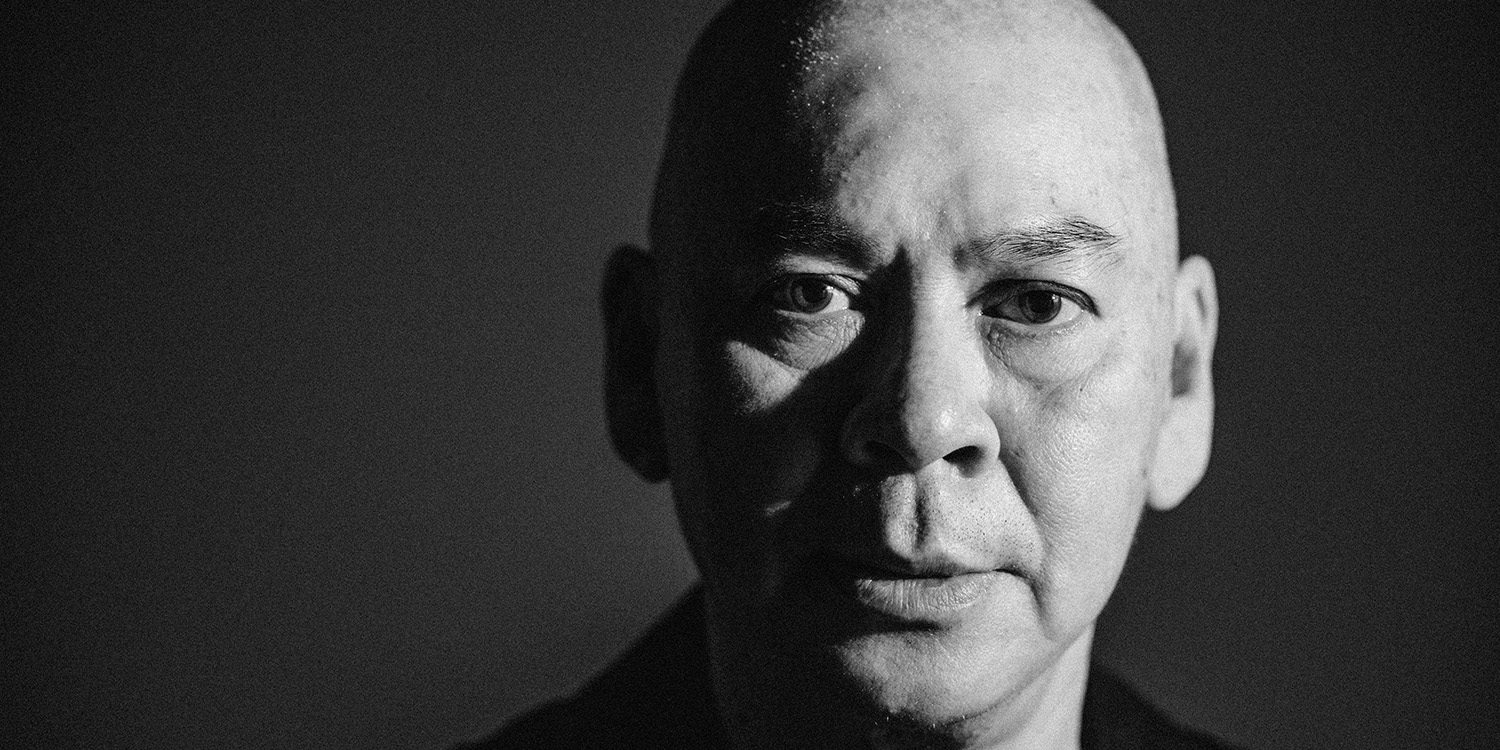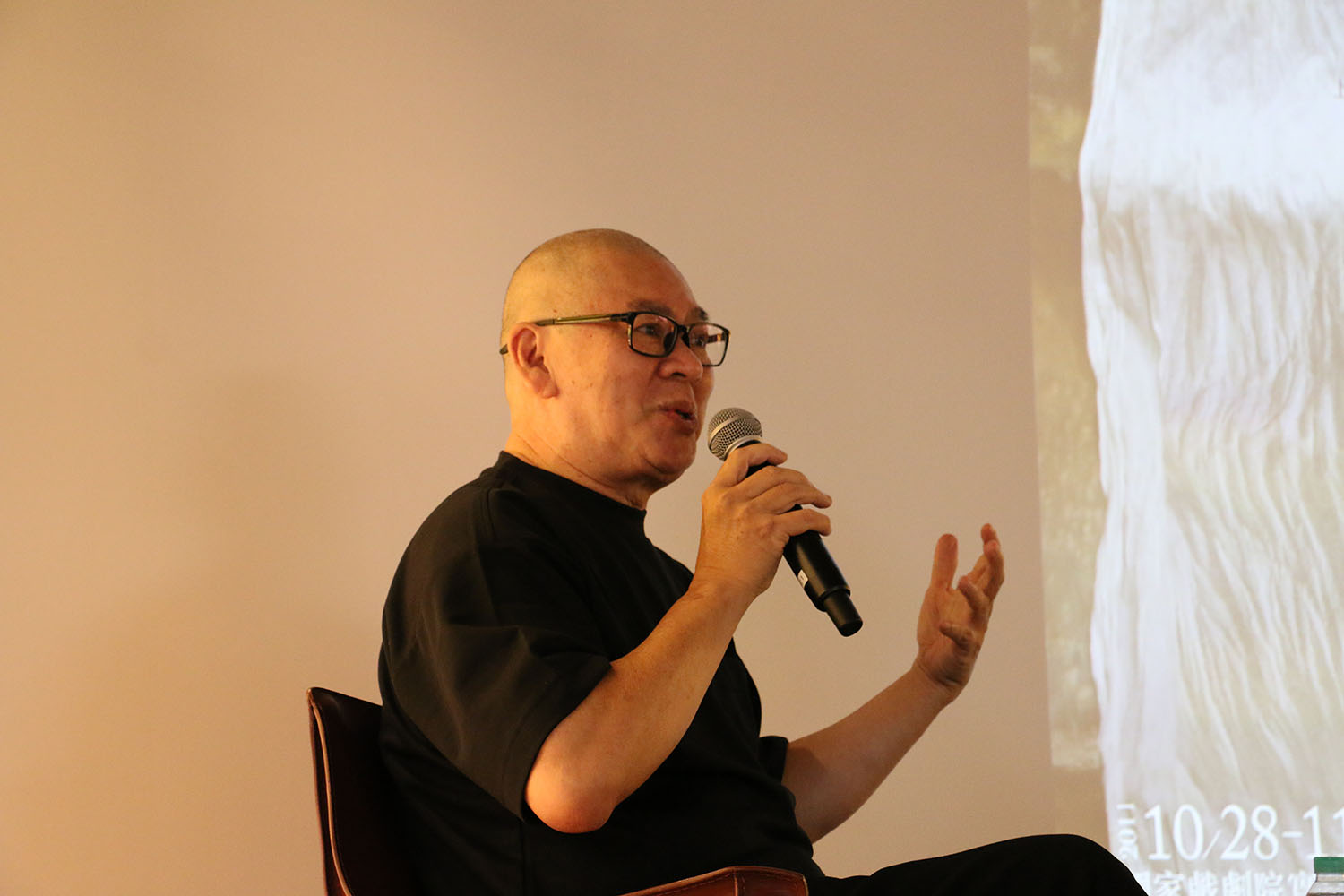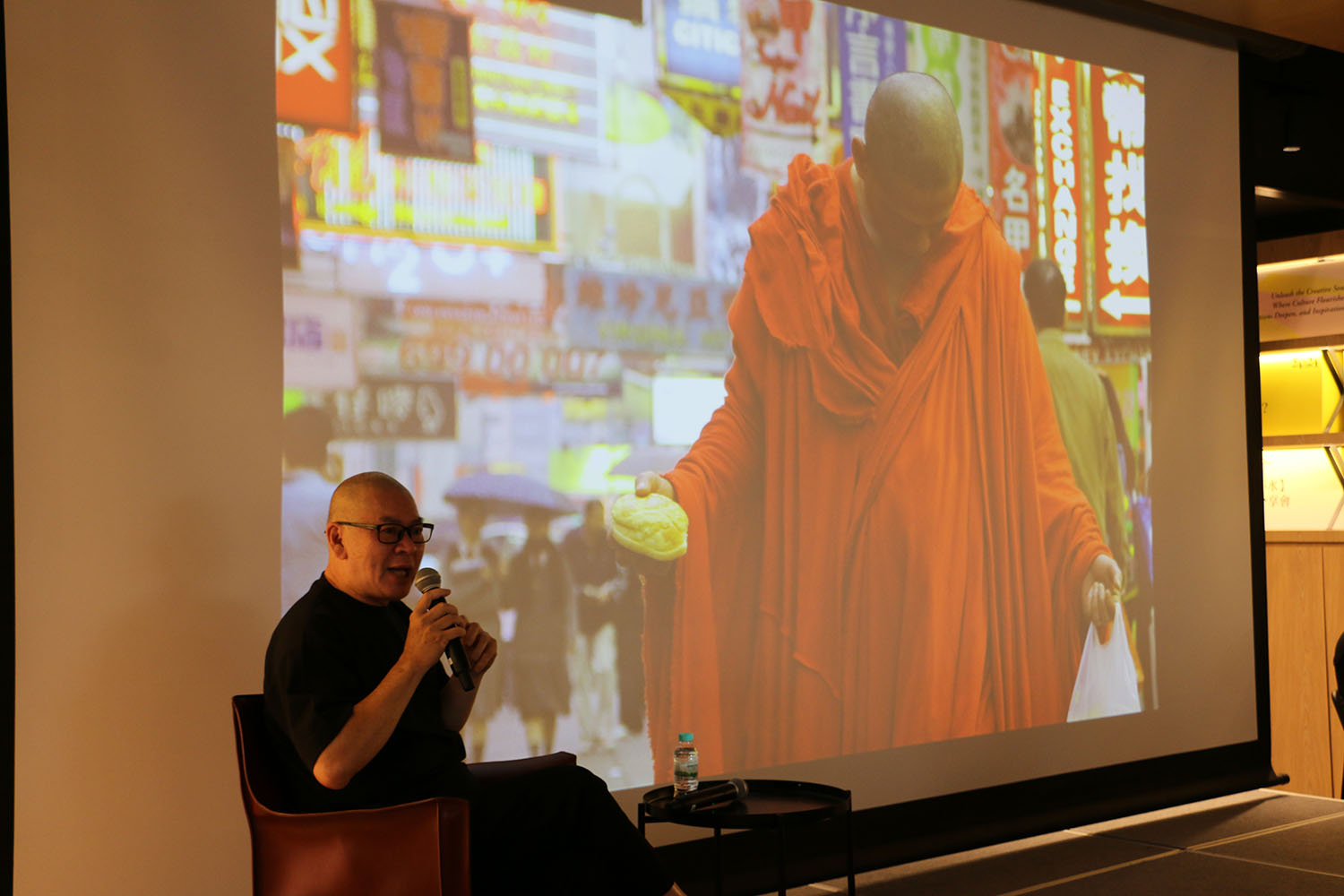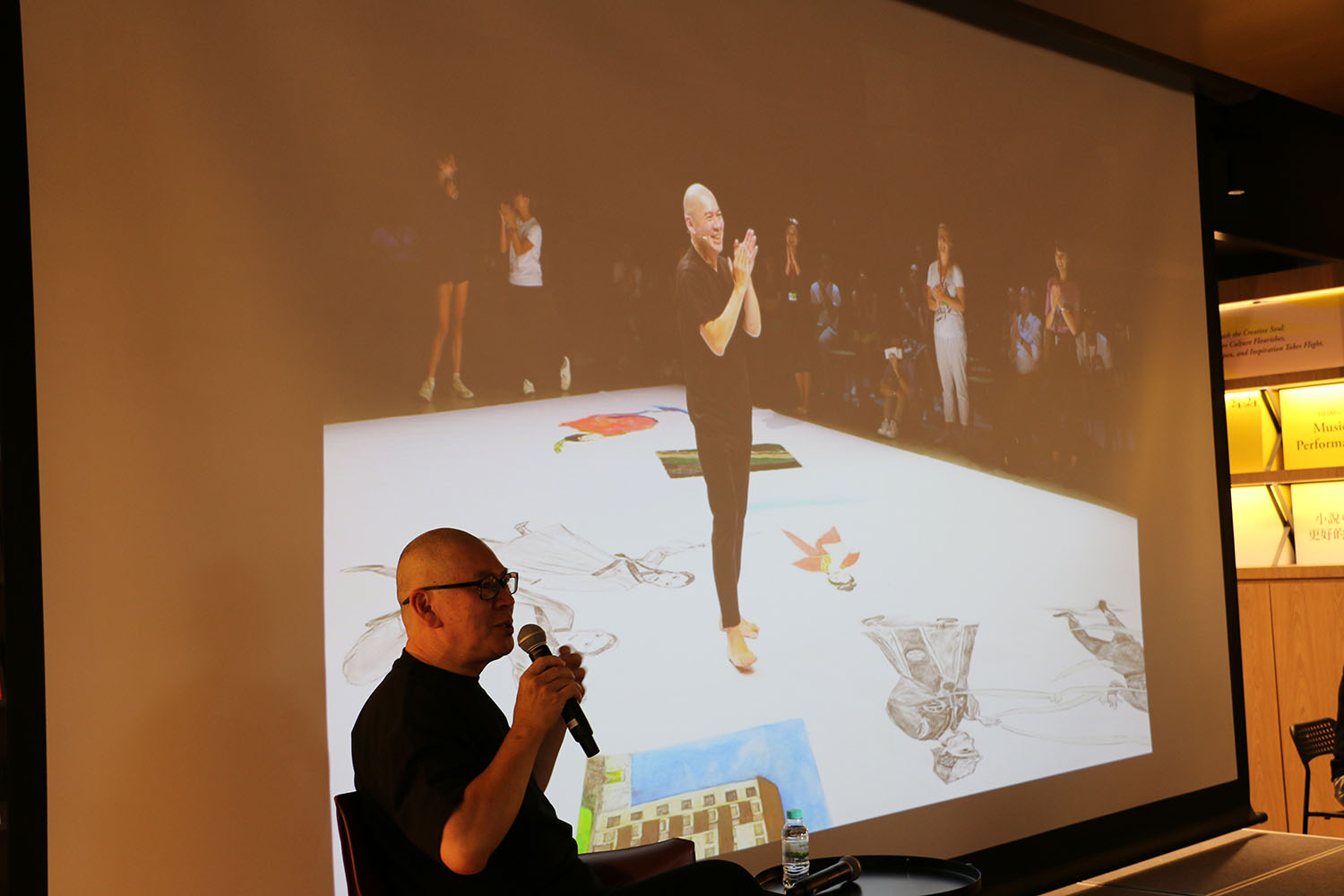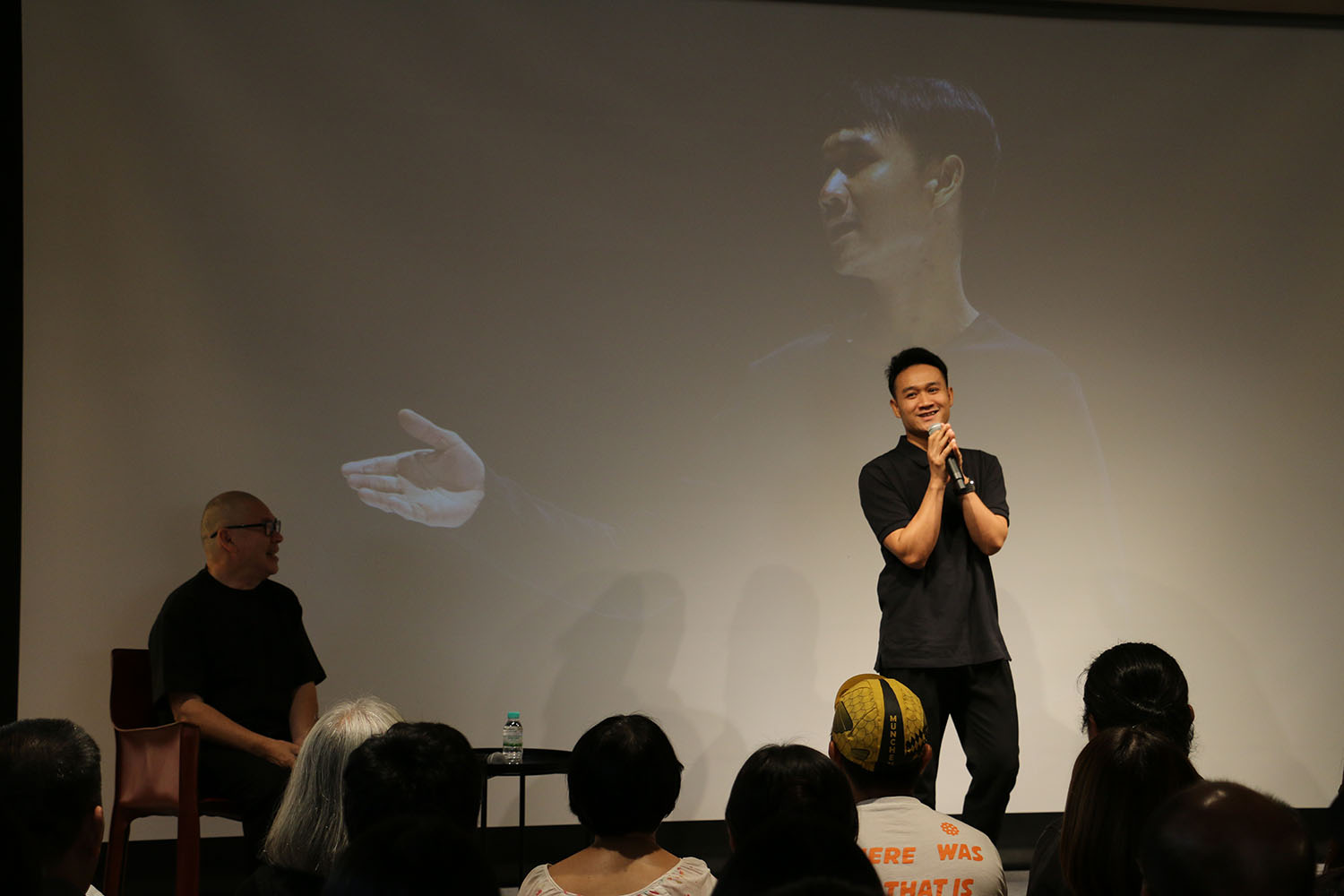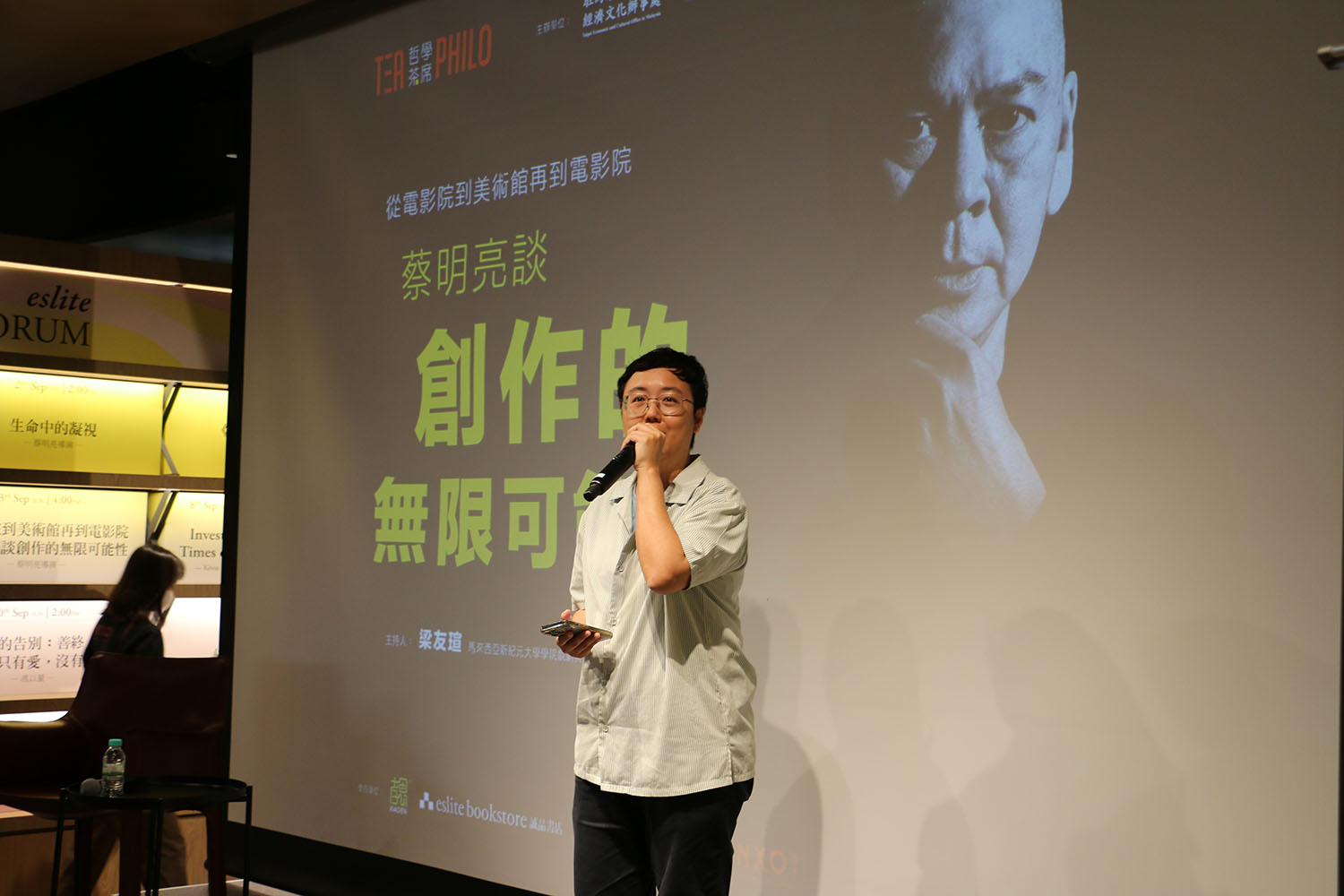Tea Philo 2023
From Cinemas to Art Galleries: The Infinite Possibilities of Art Creation
【Tea Philo】62
Date:03/09/2023 (Sun)
Time:4:30pm – 6:30pm
Venue:eslite Forum (eslite Spectrum Kuala Lumpur, The Starhill Bukit Bintang)
Tea Philo 62: Director Tsai Ming-Liang Returns to Malaysia to Talk About Cinema and Art
Organised by the Taipei Economic and Cultural Office in Malaysia and produced by the INXO Arts & Culture (L) Foundation, Tea Philo is a series of sharing sessions revolving around the discussion of philosophies and humanities. Luminaries from Taiwan are invited to share their experiences and engage with the Malaysian audience to encourage exchanges of ideas and experience. The 62nd edition of Tea Philo talk featured internationally acclaimed arthouse filmmaker Tsai Ming-liang as guest speaker.
Tsai Ming-liang’s talk titled “From Cinemas to Art Galleries: The Infinite Possibilities of Art Creation” took place at the Eslite Forum in Eslite Bookstore Kuala Lumpur on the 3rd of September, 2023. Though pre-event registration had been fully booked, a total of nearly two hundred attendees turned out on the day to listen to the director share his insights, experiments, and practices in not only the domain of filmmaking but also interdisciplinary art creation.
Before beginning his sharing, Tsai invited actor Anong Houngheuangsy, who joined him on the trip to Kuala Lumpur, to sing a Laotian song on stage. Discovered by the director while working in a hawker centre in Thailand, the new star was featured in Tsai’s recent films including Days (2020) and Where (2022), the ninth installment of Tsai’s “Walker series”. Tsai mentioned that Anong was residing in Taiwan and often worked with Tsai on his creative projects, and that he was gradually getting to know and explore various aspects of Anong, particularly his talent and passion for singing.
Tsai said that it had become a habit of his to invite Anong to sing on stage, be it at an art or film festival, a talk, or a screening. “Wasn’t it beautiful? The effect was always wonderful, even though no one understood the lyrics. I never asked Anong what he was singing; I just listened. He’s singing beautifully about something you couldn’t understand―isn’t that how life is? There are great places, great things, and beautiful voices everywhere in the world. It’s just up to us whether we are willing to stop and listen.”
Tsai also mentioned his long-time star and muse, actor Lee Kang-sheng: “I was directing less and less narrative films, but Lee Kang-sheng has never stopped appearing in my works. I made ten “Walker series” films in the past ten years, and he’s in all of them.”
The concept of Tsai’s ongoing project “Walker Series” originated from his monodrama “The Fish of Lee Kang-sheng: The Journey in the Desert” (2011), in which Lee Kang-sheng spent seventeen minutes walking extremely slowly from one side of the theatre’s stage to the other end. “If nothing ‘happens’ on stage, seventeen minutes can feel excruciatingly long, because both theatre and movie won’t allow for even two minutes without ‘drama’. The absence of lines, drama, climax, or performance won’t be tolerated,” said Tsai. Lee Kang-sheng’s way of walking shocked and touched Tsai tremendously. “It was literally just a body moving. He’s walking so beautifully, so slowly……One foot up, one foot down, one slow step at a time, nothing else.” After the shows ended, he proposed the idea of filming his slow walk to Lee Kang-sheng, marking the beginning of the “Walker series”. Tsai, who already had connections with art galleries at that time, envisioned filming Lee Kang-sheng’s walk in different cities and places, all over the world, and eventually having a large-scale exhibition in an art gallery.
Films from the “Walker Series” elicited awe and appreciation but also controversy. The director had received waves of comments demanding answers: “What even is Tsai Ming-liang doing? What exactly is the meaning behind the ‘Walker Series’?” He offered his interpretation: “Slow is the ‘meaning’. Being slow in today’s world is a kind of rebellion in itself. Nobody wants to be slow anymore, but I do. I always want to gaze upon everything for just a little longer.”
Slowness and prolonged gazing or contemplation are recurring themes in Tsai Ming-liang’s works. Once in Europe, someone came up to Tsai and told him something that he remembered to this day: “These days when I watch a movie, I feel an inexplicable uneasiness―as if someone’s flipping the pages for me while I was reading a book. But when I watch your films, perhaps because your shots stay for so long, I can finally, really see, and hear, and feel, and think.”


